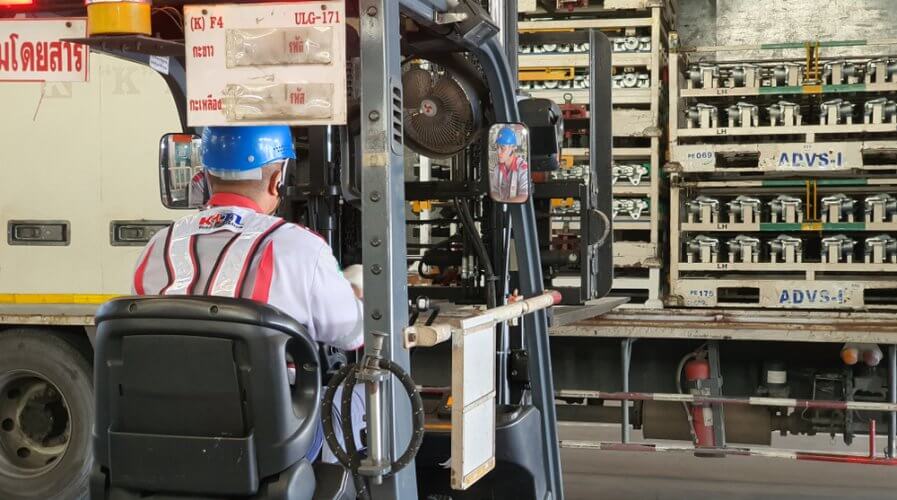
Blockchain in the supply chain space still struggling despite wins in financial services. Source: Shutterstock
Despite early success in finance, blockchain to struggle in supply chain
BLOCKCHAIN, or distributed ledger technology, has been quite popular for more than a decade.
It is the foundation of cryptocurrencies such as Bitcoin and Ethereum whose prices have, on average, skyrocketed in recent years and the basis of existence for industries such as crypto mining and for concepts such as initial coin offerings (ICOs).
Nobody doubts the ability or potential of the blockchain.
In the enterprise world, however, the technology has been slow to pick up — especially with the lack of support from big organizations.
Except for the financial services industry, the technology faces challenges in most others, despite proving itself in several trials.
In the supply chain industry, blockchain-based solutions can provide several benefits, including trust and transparency. Recent support from supermarkets and leading FMCG companies sparked hope that the technology would finally pick up momentum in this space — but Gartner disagrees.
According to the analyst firm’s most recent forecast, 80 percent of supply chain blockchain initiatives will remain in the pilot stage through 2022.
Gartner’s analysis reveals that early blockchain pilots in the industry pursued technology-oriented models that have been successful in other sectors — but in vain.
“Modern supply chains are very complex and require digital connectivity and agility across participants. Many organizations believed that blockchain could help navigate this complexity and pushed to create robust use cases for the supply chain,” said Gartner Supply Chain Senior Director Analyst Andrew Stevens.
“However, most of these use cases were inspired by pilots from the banking and insurance sector and didn’t work well in a supply chain environment.”
Speaking more specifically, Stevens’ team found that the industry has been pursuing a technology-first approach that exclusively targets blockchain infrastructure (mirroring the approach of the banking and insurance sector).
However, this approach failed to account for the many supply chain use cases where there is a need to capture events and data across physical products, packaging layers, and transportation assets.
Supply chain professionals looking to migrate to the blockchain need to identify and evaluate these real-world events and find a way to digitalize them for sharing across a potential blockchain-enabled ecosystem of stakeholders.
Although Stevens’ team seems to be slightly unsatisfied with the progress made by blockchain technology in the supply chain space, the reality is that valuable insights have been generated from the various pilot projects undertaken.
Further, Gartner believes that the pilot projects have provided fresh stimuli for supply chain leaders to conduct broader supply chain process and technology reviews.
“Many supply chain leaders that have conducted blockchain initiatives found that they now have a more complete overview of the current health of their supply chain. Their perception of how blockchain can be used in the supply chain also has shifted.
“By going through the process of deploying a blockchain pilot, they discovered what needs to change in their organization before blockchain technology can be leveraged effectively.”
At the end of the day, Gartner’s forecast is that in order for blockchain technology to make an impact on the supply chain industry, at scale, more work needs to be done.
Exciting opportunities do lie ahead but organizations need to be focused and make the effort to unravel the new models that can unlock value from their own blockchain infrastructure.
READ MORE
- Ethical AI: The renewed importance of safeguarding data and customer privacy in Generative AI applications
- How Japan balances AI-driven opportunities with cybersecurity needs
- Deploying SASE: Benchmarking your approach
- Insurance everywhere all at once: the digital transformation of the APAC insurance industry
- Google parent Alphabet eyes HubSpot: A potential acquisition shaping the future of CRM


